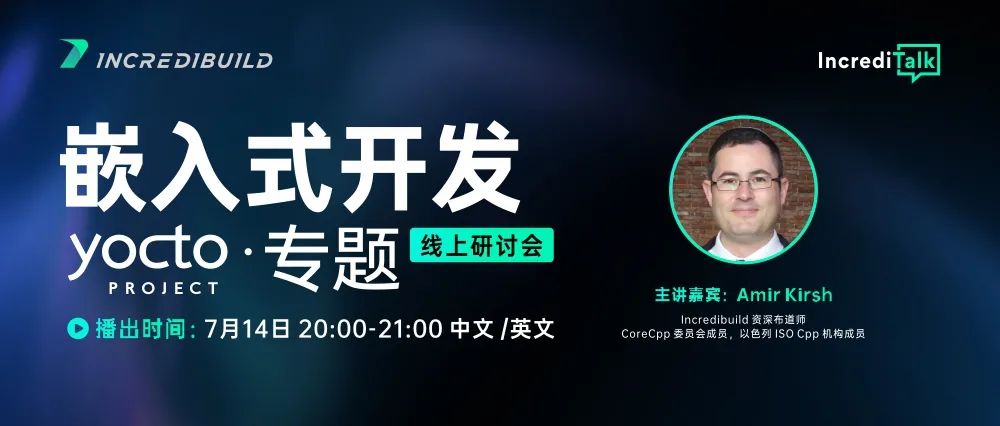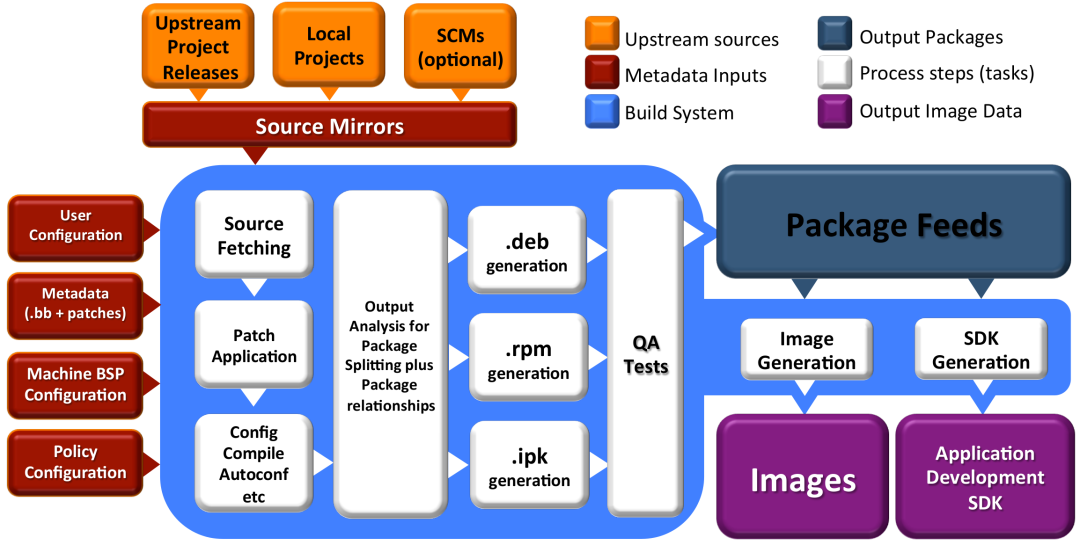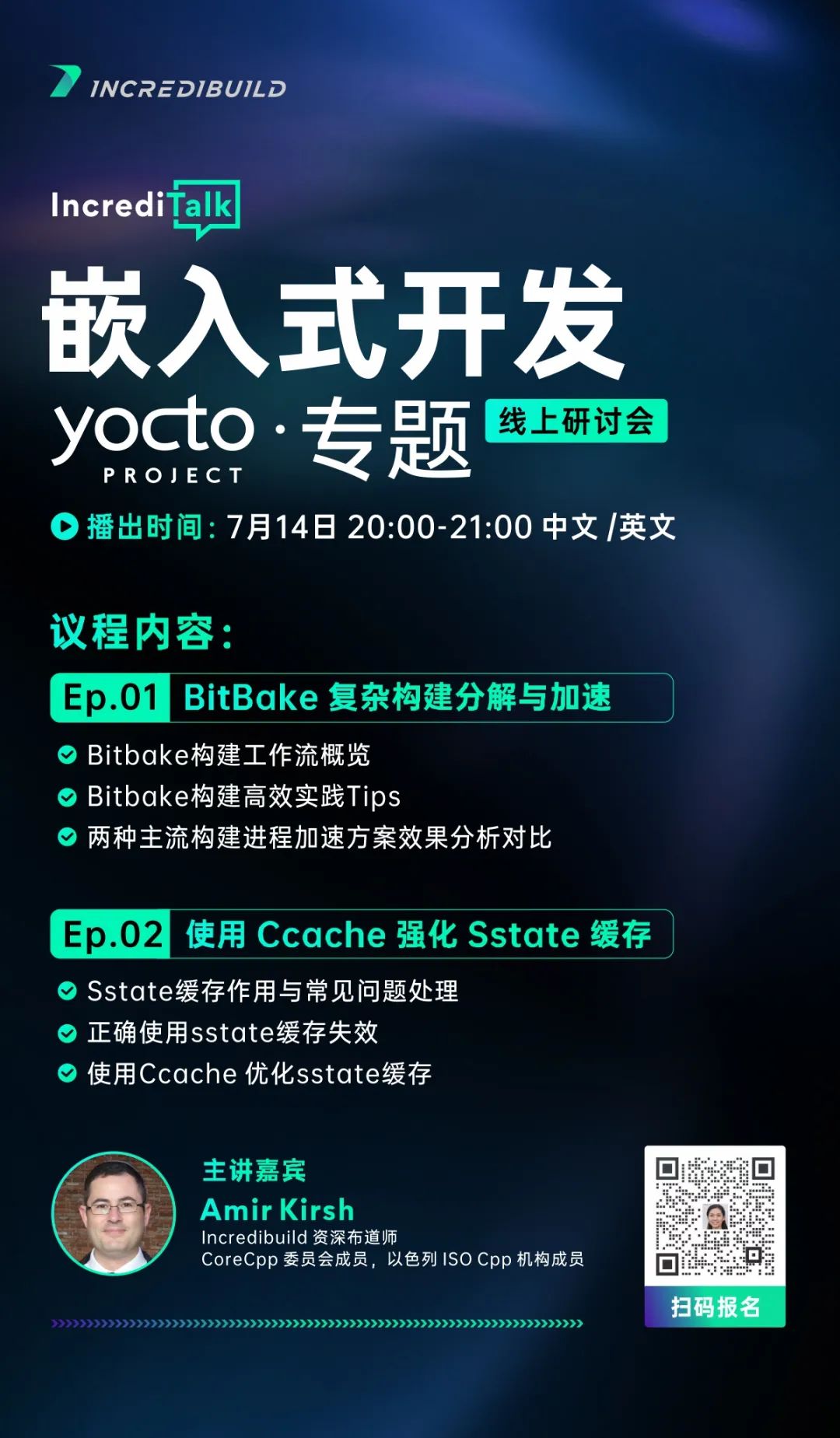
Source | Yocto
What is Yocto?
Three Key Components of Yocto


Why Choose Yocto
-
A wide user base, an active development community, supported by the Linux Foundation. -
Can achieve hierarchical levels, for various tasks, highly customizable, can add special features, custom browsers, etc. -
Among similar projects, it can support the most compatible devices, allowing for the addition of a large number of SDKs, tools, and features.
Disadvantages of Yocto
